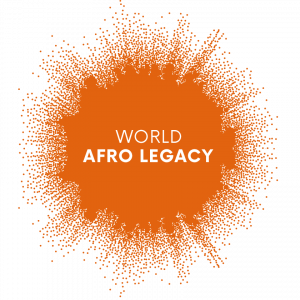World Afro Legacy is a new charity and the first global charity dedicated to ending race-based hair discrimination, The charity builds on from the work started by World Afro Day but extends it to an all-year-round mission to embrace Afro hair and end hair discrimination through education, awareness events, campaigns and research. We hope you can join us!
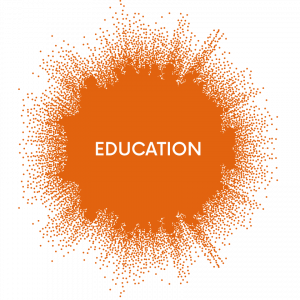
Reach 10,000 Schools and 10 million youth through our Little and Big Hair Assembly events and resources. Empowering learners and equipping teachers for Afro hair inclusion.
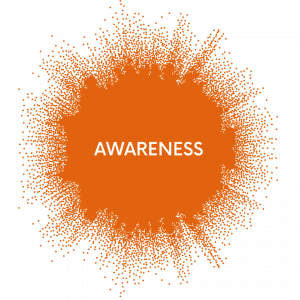
Raise awareness with the public and policy makers to help end hair discrimination.
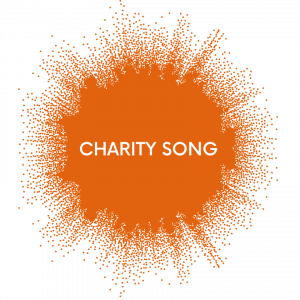
Create music to empower people with Afro hair and inspire empathy from other people and turn around negative attitudes.
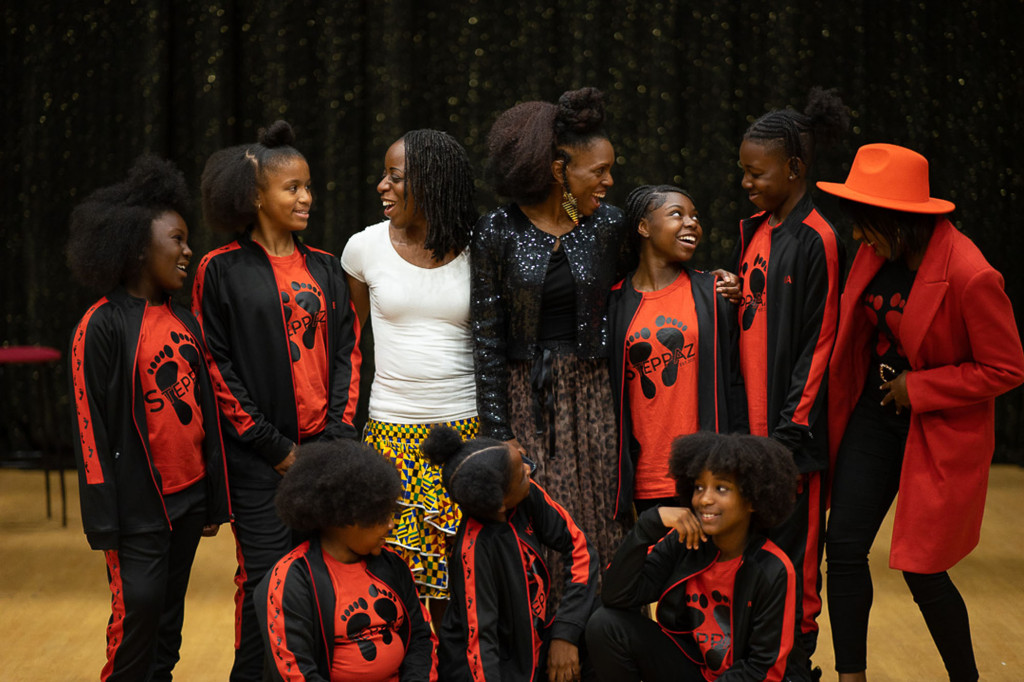
We have teamed up with Steppaz to launch the Big Song for The Big Hair Assembly. This year the assembly has a new musical initiative for young people, written by Steppaz. The “Hair Condition-Her,” tackles negative views of Afro hair with an empowering message. We want everyone to sing their hearts out and send us your clips for a big music video! Our theme this year is ‘Inspiration & Innovation’ with the usual mix of guests, interaction, activities, learning and Afro Master Quiz. Registration is now open for the Little and Big Hair Assembly events 2023
The World Afro Legacy charity will work towards the acceptance of Afro hair and Afrocentric hairstyles as the norm in every society. Every person of African descent should be able to express their natural hair, the way that God made them and in a way that is healthy for their physical, mental and economic well-being. Unfortunately, recent stories in the UK with the Ritz London case and Doncaster children’s homes shows just how critical it is to eliminate race-based hair discrimination in 2023!
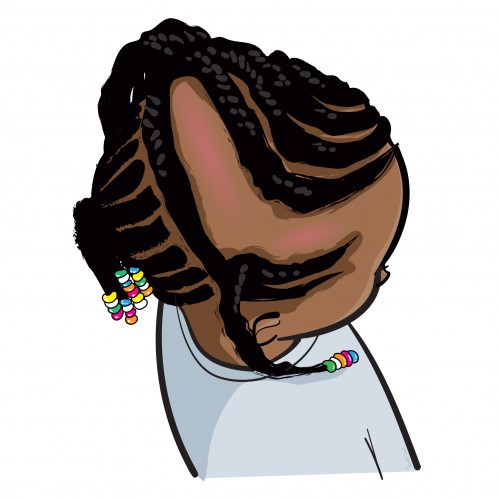
It’s a sad state that when you google ‘child’s hair ripped from the scalp‘ or ‘cornrow ripped daycare’ that you find several shocking images and stories of black girls as young as 2 years old, whose hair has been painfully ripped out! Unfortunately it doesn’t just happen in America, black children in the UK have had their dreadlocks cut off without parental permission too! From 2020 – 2023, one UK family with a four years old boy in nursery school, has had to deal with repeated harassment and hair touching at two nurseries. Staff seem unwilling to show sensitivity and value towards his Afro hair and identity.
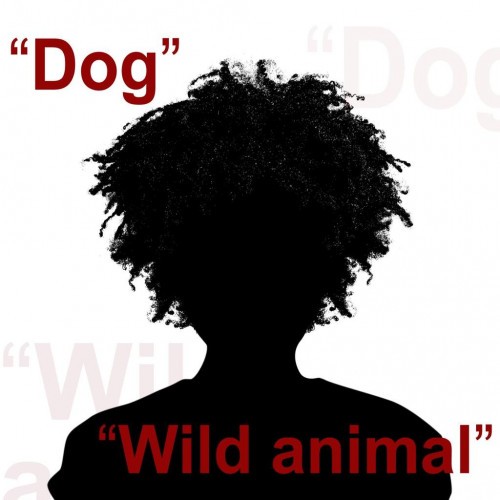
Name calling unfortunately is part of bullying but hostile reactions to Afro hair is steeped in racism, especially the comparisons to animals. A ten years-old girl in the UK was called a “dog” and “wild animal,” simply because she chose to wear her Afro hair out at school. Read the full story here. However, we love how name calling was turned around by this teacher in Brazil.

Isolation is a common form of punishment in schools but punishing children for Afrocentric hairstyles affects their identity and could be indirect discrimination. 5 years old Josiah said that he ‘didn’t want to be black anymore’ after he was sent home from school because his hair was considered too short by his Primary school. See his story here.
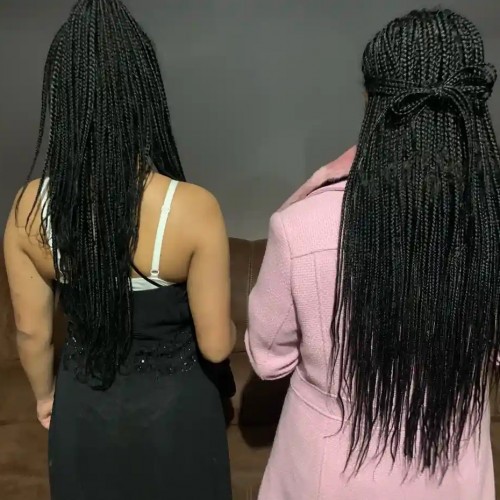
Braids are one of the most common hairstyles worn in the black community and the heritage dates back thousands of years in African history. However we were sorry to report that as of September 13th 2022 the two girls pictured were expelled from a rural Australian school. This story started a few months prior, when the girls were suspended because of a disagreement with their school about tying back their braids at school all day. The family say that this request was causing them pain and discomfort and now it has escalated to expulsion based on other minor infractions. We approached the school for comment but received no answer. Amayah was months away from her year 11 exams, when this happened. They eventually secured places in another school. In the run up to World Afro Day 2022 there were also two other UK cases involving boys in their first week of school. This is a global issue with children being asked to remove their braids or be penalised, which happens in many different countries e.g. USA UK, Australia and New Zealand. These are just some of the headline stories but so many children face this in their schools, year after year. Our charity wants to end this.
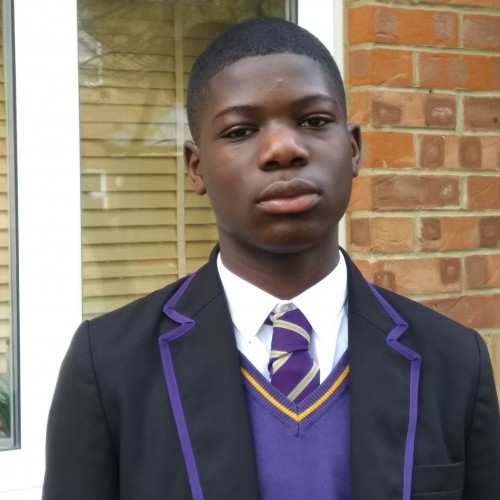
Fades and skin fades are a traditional haircut for black boys (some girls) and are generally considered smart and conventional for the majority of people across the African diaspora. Starkly this hairstyle can be labelled extreme in many school settings. This story was featured in the Hair Equality Report: Emmanuel Sackey was removed from classes because his hair was too short. Celestine Sackey-Clarke says her son Emmanuel, 15, was left traumatised. She wrote a letter of complaint and the hair policy was resolved but without an apology for the anxiety caused. Punishments for fade haircuts have been going on for decades in the UK. This is a classic case of unfairly applying a hair policy designed for straight hair to pupils with Afro hair. The fade and skin fade style looks completely different on these two contrasting groups.
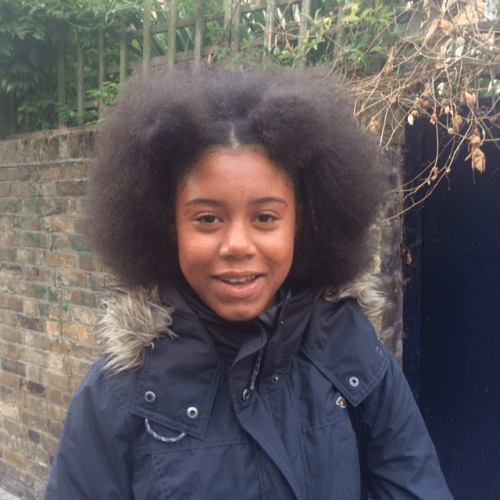
Ruby Williams was repeatedly sent home because of her Afro hair. She received £8,500 in an out-of-court settlement after her family took legal action against the school with support from the EHRC.
2021 Pimlico Academy students staged a mass protest against their school leaderships and cited a ban on hairstyles which could “block the views” of other pupils in class.
Another protest over hairstyles which highlighted the global struggle for Afro hair was at The Pretoria Girls High School protest in 2016. Afro hair in school, shouldn’t be a battlefield with children’s mental health the collateral damage.
Two 15 years old boys, from the UK were removed from their classes by school staff and taken to a local barber to get their hair cut against their will and without parental permission. Founder of World Afro Day, Michelle De Leon discusses this with Barrister Laith Dilaimi at the Teaching: Diversity & Inclusion Panel event 2022.
Studies and centuries of experience consistently show that black people are discriminated against when they wear hairstyles that are Afrocentric instead of Eurocentric. Essentially there is a bias towards straight hair if you are Black woman and very short if you are a Black man. Wearing Afros, braids and locks are often considered as rebelling or being political, but these are just regular hairstyles for African descendants. Black people are held up to a European standard of presentation in the workplace which has become synonymous with ‘professionalism’ and the idea that certain hairstyles are professional, most disadvantages black women. Beyond the pressure to conform to these ideals is also the ordeal of having hair touched without permission, which is particularly discriminatory in a workplace setting. Listen to the story below.
This is an interview audio recording about hair touching and other workplace incidents.
- My Hair, My Space 00:00
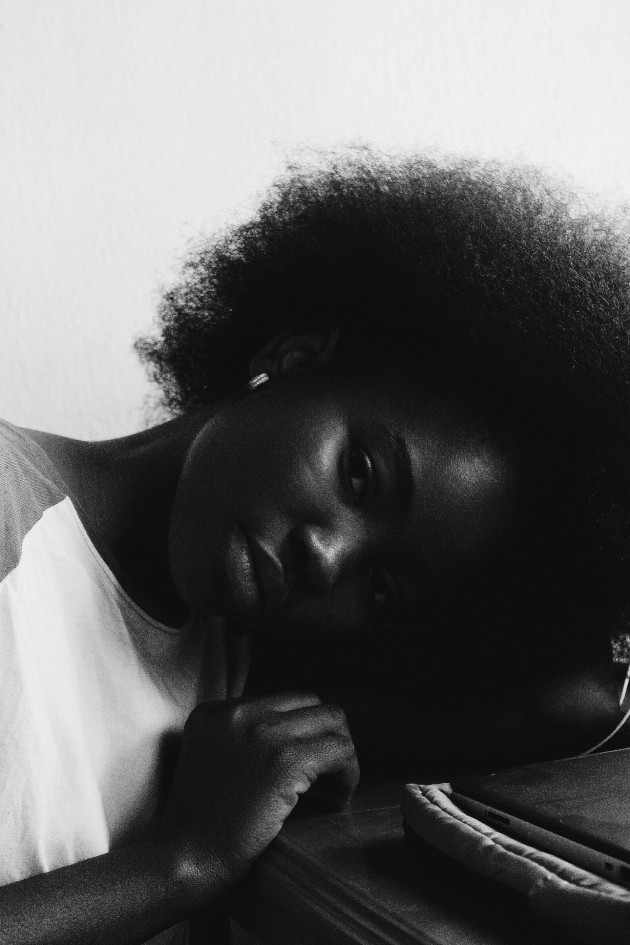

The World Afro Legacy aims to pool resources as a charity to tackle Afro hair discrimination on a global scale. We believe because of technology and social media that we are in unprecedented times to be able to do good things quickly. Instead of one person trying to overcome and explain Afro hair discrimination; they can signpost them to this charity, an organisation that raises awareness with the public and policy makers on a consistent basis. World Afro Day has a history of purpose, credibility and results, which the charity can progress to all year round campaigning. Having charitable status is important to overcoming the suffering that black and mixed-parentage people experience, simply because they have Afro textured hair. The mission is to embrace Afro hair and end hair discrimination through education, awareness events, campaigns and research.
If every person who has experienced Afro hair discrimination and every person who wanted to see it end, gave us just one pound or dollar, we would have millions in the fund to create change and have a bigger impact!
The Afro Inclusion Update is a simple tool that can challenge Afro hair discrimination and is particularly aimed at people who may not understand this issue yet.
It is simple to use with ten action points to help make a change.
Find out more by clicking the button below.
Inaugural World Afro Day endorsed by the UN
Recordsetter World Record
Ogilvy Campaign, global school lesson, World Afro Day Awards
Speech at UN Geneva
Hair Equality Report
Big Hair Assembly Launch
Top Ten Model Competition
World Afro Day Live, 5 speakers from 5 continents and translated into Brazilian Portuguese
Big Hair Assembly returns and expands
Little Big Hair Assembly launched, Lux Life Global Excellence Award
Stylist Magazine names World Afro Day Historic Afro hair Moment
BETT Awards Finalists
Teaching: Diversity & Inclusion Report
World Afro Legacy
Big Song Project
